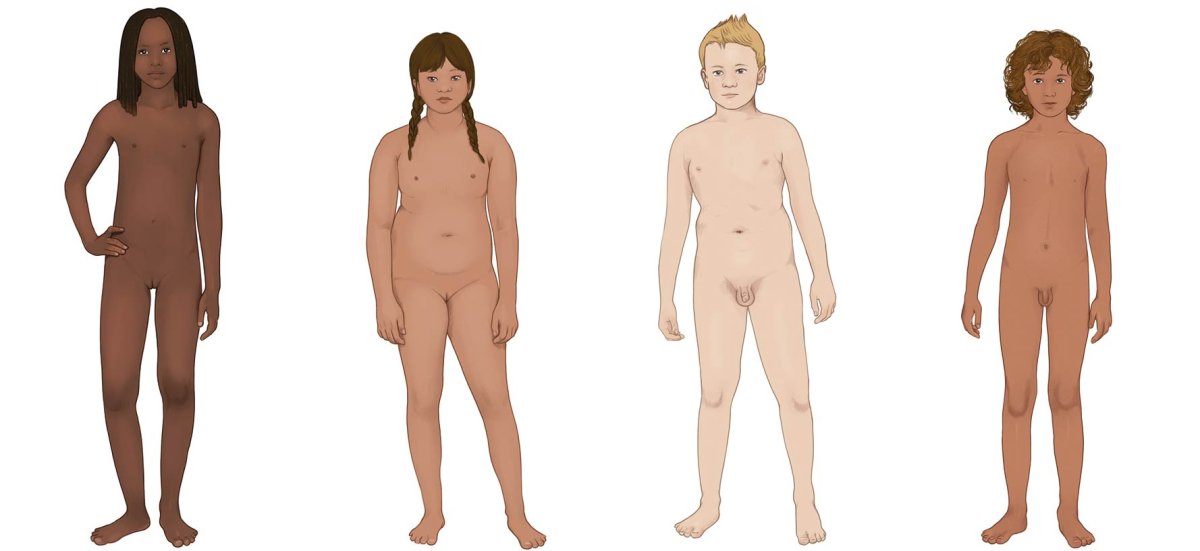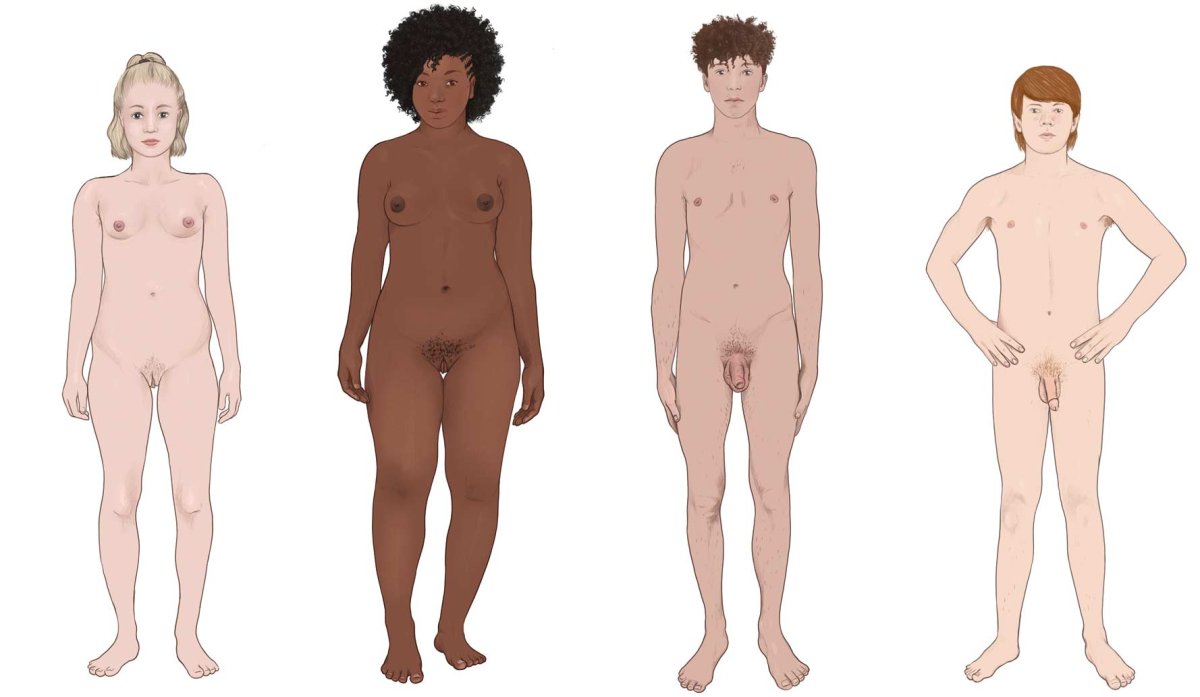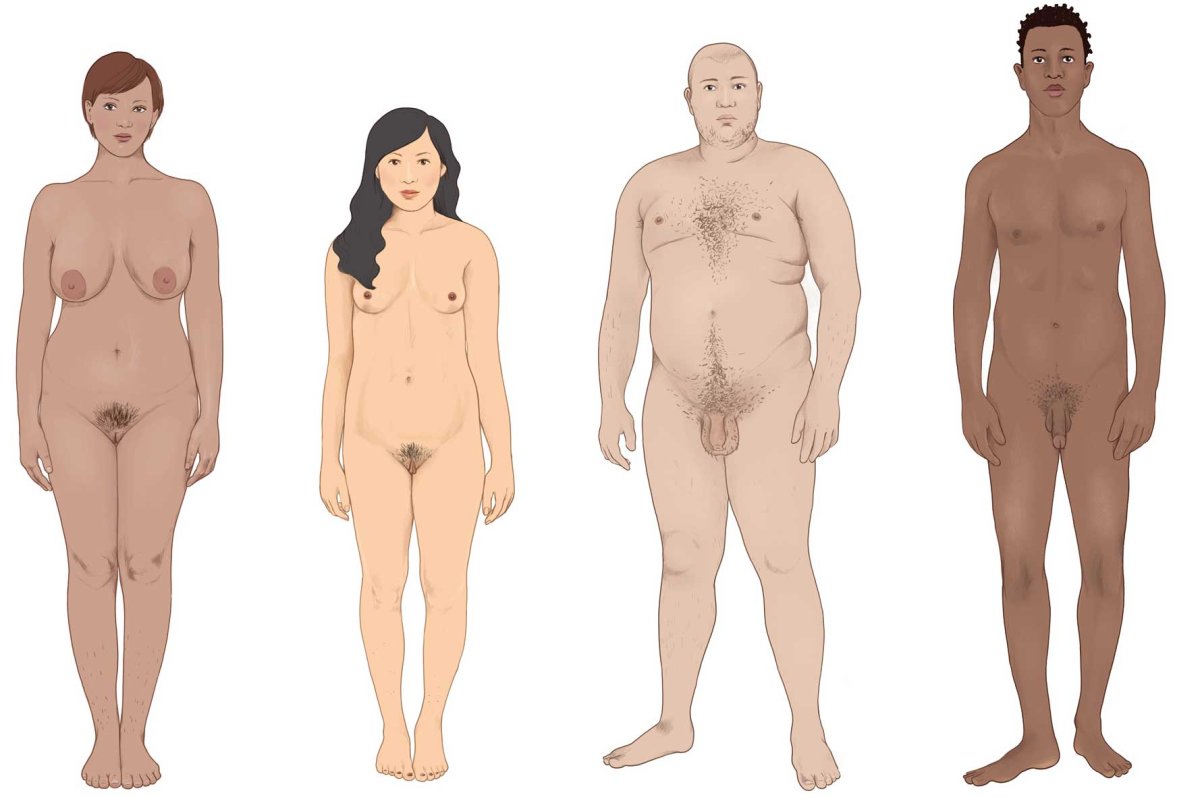Teenagers experience many highs and lows during puberty, and may often fell like they are on a roller coaster of emotions. One cause of this is probably processes of change occurring in the brain. Experts suspect that it is especially the parts of the brain that control how we make decisions that are developing. New connections are also created to the parts of the brain that are related to our emotions. During this phase of "restructuring," teenagers may then follow their impulses and whims more often than children or adults. They take more risks in some situations and experience sudden eruptions of emotion.
These changes make some teenagers feel uneasy. It is not unusual for conflict to arise with people they are in close contact with, like parents or teachers. And their acceptance of the new and unexpected may also help them develop completely new interests, hobbies and valuable friendships.
During puberty, the challenges, duties and expectations that others place on teenagers also change. For instance, they are supposed to finish up their schooling, choose an occupation, handle money responsibly, find friends their parents find appropriate and find a partner – or not yet. At the same time, they are confronted with unrealistic "role models" in social media – regardless of whether it's about looks, money, athleticism or being cool. For many teenagers it isn't easy to cope with all of that, and not everyone has the support they need. It takes time to find your own path.
This emotional turmoil is intensified even more by romantic feelings, longings and sexual desires, even if the physical maturation process is nearly finished or complete. Dealing with your own gender, sexuality and societal rules can pose many new questions: What does being a man or a woman mean to me, and do I see myself in the conventional roles? Does my biological sex feel right to me? What excites me sexually? Do I want to have a partner for sex, or is that not (yet) important to me? What do love and relationships really mean to me? It can take years to find the right answers. Some desires and preferences can also change later in life or first be discovered then.



